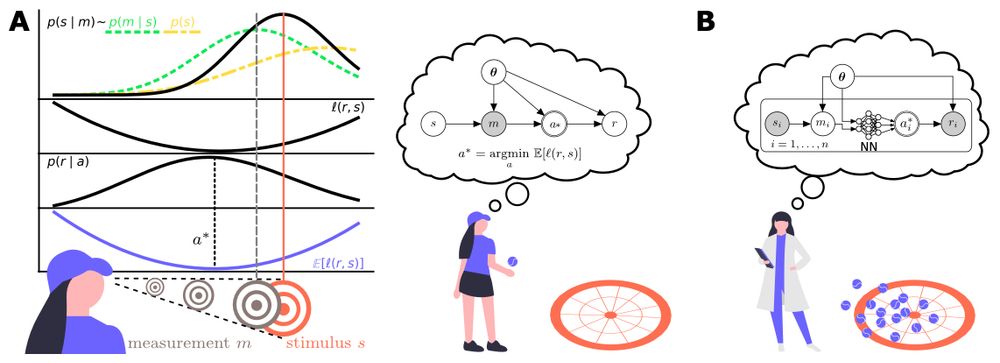Fabian Tatai
@fatatai.bsky.social
76 followers
140 following
11 posts
PhD student @ Centre for Cognitive Science, TU Darmstadt
Computational modeling of natural behavior | Intuitive Physics | Perception & Action | Economic Decision-Making
Posts
Media
Videos
Starter Packs
Reposted by Fabian Tatai
Reposted by Fabian Tatai
Fabian Tatai
@fatatai.bsky.social
· Jan 16

Intuitive sensorimotor decisions under risk take Newtonian physics into account
The success of our interactions with objects in natural tasks depends on generating motor actions, which are subject to sensorimotor variability, the objects’ physical properties, which are governed b...
www.biorxiv.org
Fabian Tatai
@fatatai.bsky.social
· Jan 16
Fabian Tatai
@fatatai.bsky.social
· Jan 16
Fabian Tatai
@fatatai.bsky.social
· Jan 16
Fabian Tatai
@fatatai.bsky.social
· Jan 15
Fabian Tatai
@fatatai.bsky.social
· Jan 8





